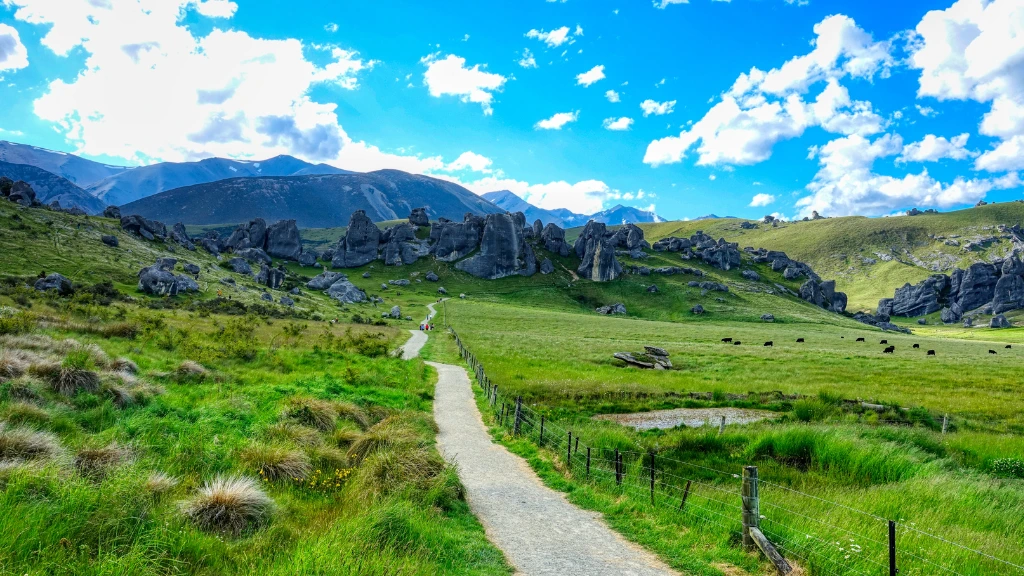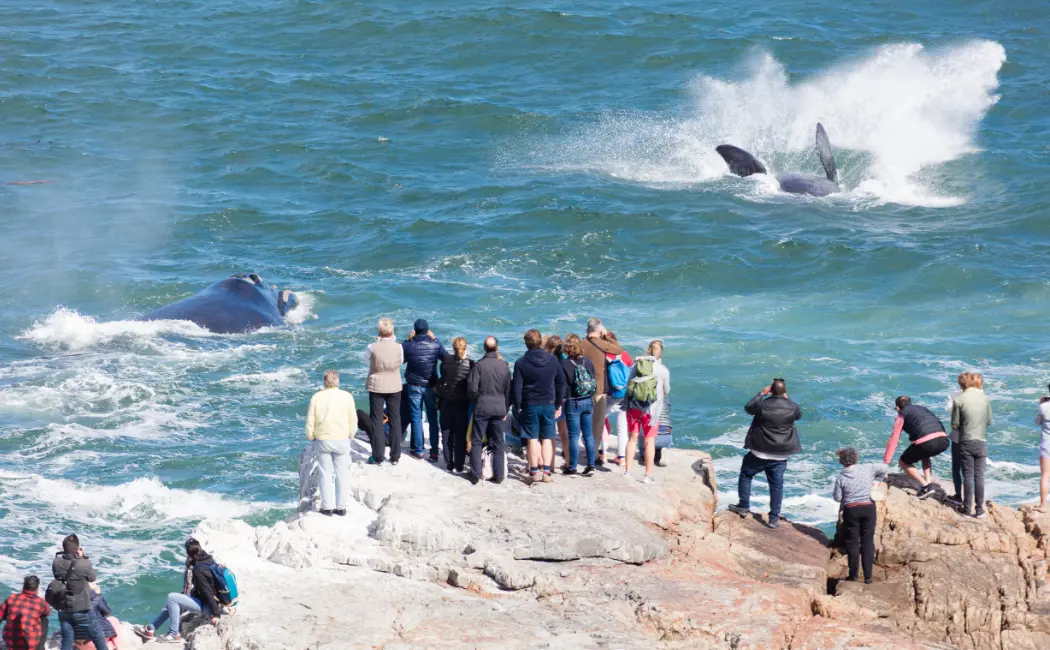New Zealand is a land of stunning landscapes, unique wildlife, and rich cultural heritage. At the heart of this heritage is the Māori culture, which is woven into the very fabric of the nation. For travelers seeking a deeper understanding of this beautiful country, Māori tourism offers an opportunity to connect with the indigenous people, explore their traditions, and appreciate their contributions to New Zealand’s identity.
Here are five essential experiences to consider when embarking on a Māori tourism journey in New Zealand.
You May Also Like: 10 Must-Visit Places for First-Time Travelers in San Francisco: A Complete Guide
1. Experience a Traditional Māori Hāngī
One of the most iconic aspects of Māori culture is the traditional hāngī, a cooking method that involves slow-cooking food in an underground oven. This ancient technique not only results in delicious meals but also serves as a way to bring people together. Many Māori tourism experiences include a hāngī feast as part of their cultural program.
When you participate in a hāngī, you’ll have the chance to help prepare the food, learn about the cooking process, and enjoy a feast that typically features meats, vegetables, and Māori specialties. This immersive experience offers insight into Māori hospitality, traditions, and the importance of communal eating.
Tip: Look for Māori cultural centers or lodges that offer hāngī experiences, such as Tamaki Maori Village in Rotorua or Te Puia.
2. Visit a Māori Village
Visiting a Māori village is an incredible way to learn about the daily lives, traditions, and values of the Māori people. Many villages offer guided tours where you can experience cultural performances, traditional crafts, and storytelling. The guides, often local iwi (tribes), share their knowledge and personal stories, making the experience even more authentic.
One notable village to visit is Waitangi, where you can explore the Treaty Grounds, learn about the signing of the Treaty of Waitangi, and witness traditional performances. Another excellent option is Hobbiton in Matamata, where you can engage with Māori culture while enjoying a stunning film set tour.
Tip: Engage with your guides and ask questions to gain deeper insights into Māori customs and history.
3. Participate in a Cultural Performance
Māori cultural performances are a vibrant display of song, dance, and storytelling that express the history and values of the Māori people. Many cultural experiences include performances of the haka, a traditional war dance that showcases strength and unity, as well as other dances that tell stories of ancestors and nature.
Tamaki Maori Village and Mitai Maori Village are two popular locations where you can enjoy a variety of performances that highlight Māori traditions. These performances not only entertain but also educate visitors about the significance of each element, making it a worthwhile experience for anyone interested in Māori culture.
Tip: Be sure to take part in the interactive segments of the performance to truly feel the energy and spirit of the Māori people.
4. Explore Māori Art and Craftsmanship
Māori art and craftsmanship are deeply rooted in cultural traditions and tell stories of ancestry, nature, and spirituality. From whakairo (carving) to tā moko (tattooing), Māori art is not just decorative; it holds significant meaning.
Visiting places like Te Papa Tongarewa, New Zealand’s national museum in Wellington, offers a chance to see Māori art in various forms. Additionally, local galleries and artisan workshops throughout New Zealand showcase traditional and contemporary Māori art. Here, you can often watch artisans at work, participate in workshops, and purchase authentic Māori crafts.
Tip: Support local artists by purchasing handcrafted items that have cultural significance.
5. Attend a Māori Cultural Festival
New Zealand hosts numerous Māori cultural festivals throughout the year, celebrating various aspects of Māori heritage. These festivals provide an incredible opportunity to experience Māori culture in a lively and engaging environment.
One of the most famous festivals is the Te Matatini Kapa Haka Festival, which showcases the best kapa haka groups from across the country in a fierce competition of song and dance. Other notable events include the Māori Language Week and regional festivals that highlight specific iwi cultures.
Attending a festival allows visitors to immerse themselves in the festivities, enjoy traditional foods, and connect with local communities.
Tip: Check the local event calendar before your visit to align your travel dates with these vibrant cultural celebrations.
Conclusion
Māori tourism in New Zealand is not just about visiting sites; it’s about engaging with the culture, history, and people of this remarkable nation. From savoring a traditional hāngī to participating in lively performances, these experiences will deepen your appreciation for Māori heritage and its impact on New Zealand’s identity.
As you plan your visit, remember to approach these experiences with respect and openness. By engaging with Māori culture, you’ll enrich your travel experience and gain a deeper understanding of the vibrant tapestry that makes up New Zealand. So, embark on this cultural journey and discover the warmth and wisdom of the Māori people!










